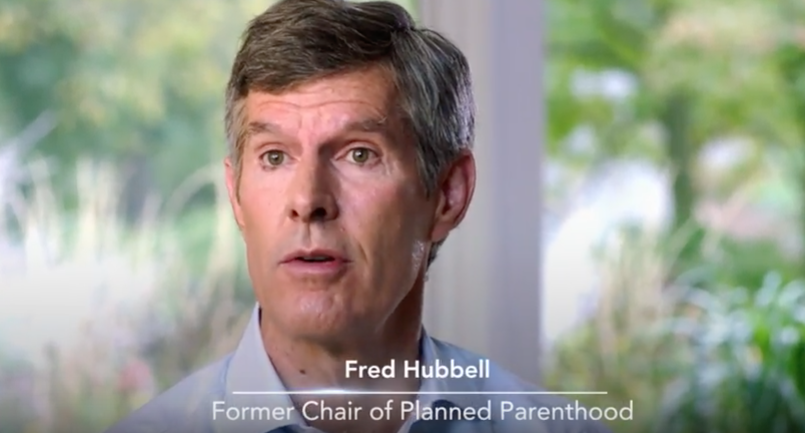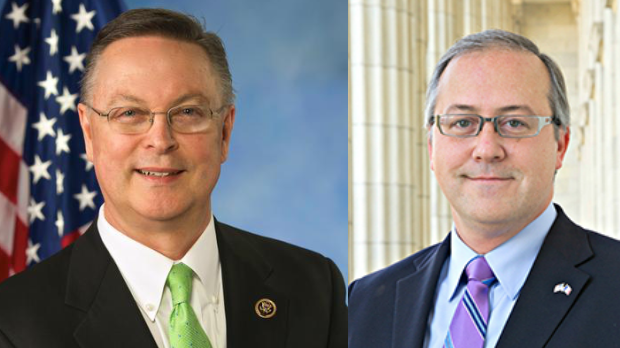Thanks to Stefanie Running for a play-by-play of the October 10 candidate forum for Des Moines City Council Ward 3, featuring Michael Kiernan, Josh Mandelbaum, and Abshir Omar. First-person accounts of campaign events are always welcome at Bleeding Heartland. -promoted by desmoinesdem
6:30 PM
It’s really a lovely night. Mid 60s, you can smell fall emerging from the hundred-year-old neighborhood trees and the glowing sunset inching forward sooner each day. Max Knauer and Kate Allen have been working with neighborhood associations and advocacy groups since August putting this forum together. I volunteer as a social chair for Gray’s Lake Neighborhood Association (GLNA), so I’ve seen the work that they’ve put into the program. They’ve scheduled the forum right in the heart of my own neighborhood, so it’s barely a half mile for me to travel.
As I arrive, other neighborhood reps are setting up, Knauer fields questions from co-sponsors and attendees alike. The candidates arrive. I’ve spoken to all three digitally via email or facebook. Tonight I introduce myself. I’m Stefanie Running. I’ll be the rep for this very neighborhood. I’ll also be writing about tonight’s forum for Bleeding Heartland. All three are gracious and welcoming.
Unpacking my camera gear, I realize it’s non-functional. I forgot something. I can’t go back home because the event is about to start and I didn’t drive. So I sit and I prepare to take notes. I apologize, dear reader, for my lack of photos. That’s my favorite part. Sadly, what I lack in photos, I’m going to make up for in article length. I apologize in advance.
To make this article a little more readable, from this point on I’ll show the panelist’s comments in bold, the candidate responses will be in standard font, and my own comments in italics.
Continue Reading...



















